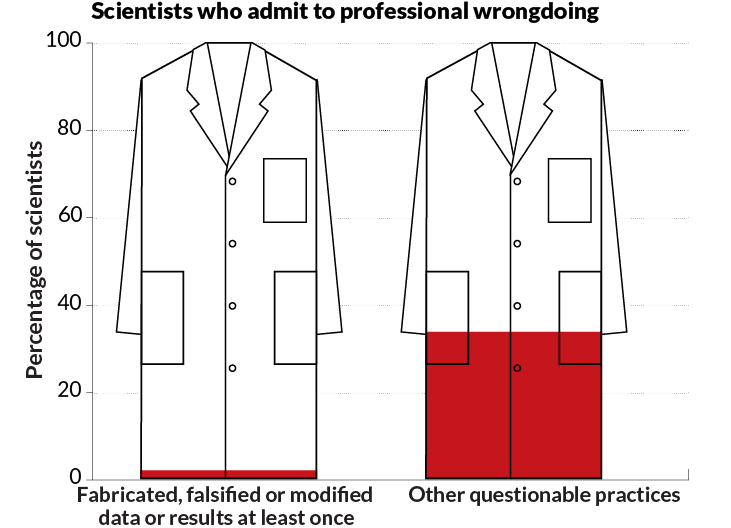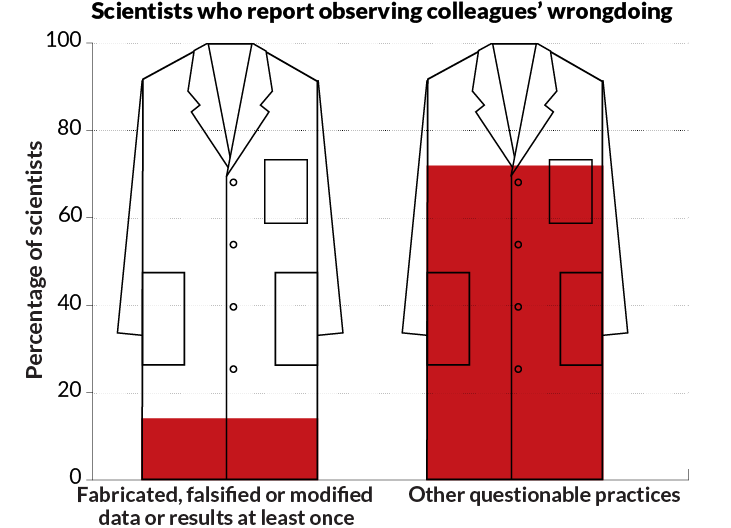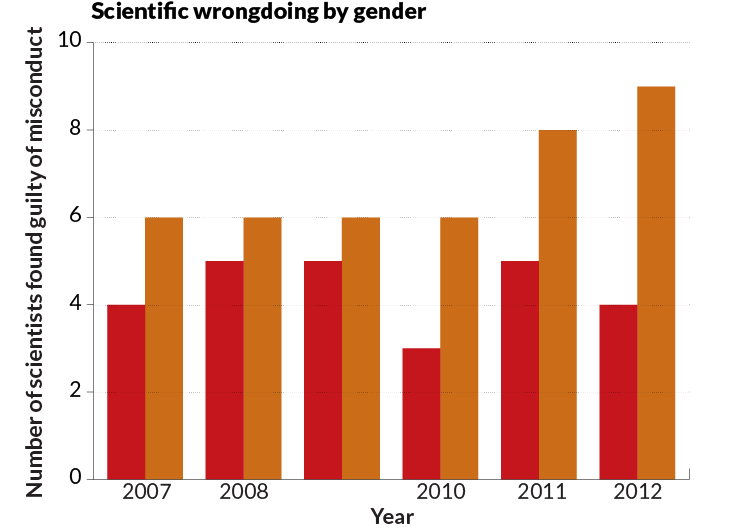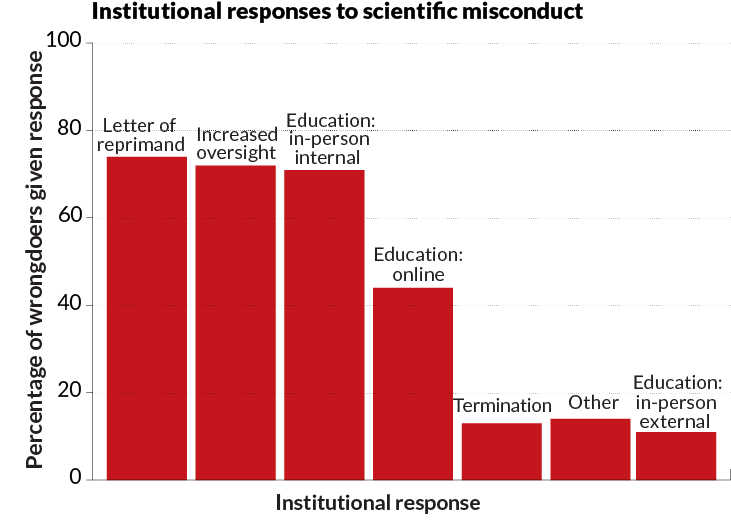Researcher rehab
RePAIR aims to help those who have engaged in misconduct or unprofessional behavior
When a scientist hits rock bottom — making up data or cutting corners in clinical trials — it’s time for an intervention. That’s where James DuBois steps in.
DuBois and his colleagues have started a project called RePAIR. It’s a bit like a 12-step program for wayward researchers, those who have engaged in misconduct or unprofessional behavior. Some scientists think DuBois is on the wrong track. “We’re getting a lot of pushback from people saying, ‘Why would you give anyone a second chance?’” With research funding and jobs tight, many think scientists with questionable ethics should be tossed out to make way for honest researchers.
The worst offenders — those who repeatedly falsify data or rip off others’ work — might not be worth reforming, says DuBois, an ethicist at St. Louis University and Washington University in St. Louis. But he thinks that many wrongdoers can become good scientific citizens again.
Story continues below slideshow




Misconduct covers many transgressions, from fabricating data outright to failing to follow rules governing patient or animal welfare. The first RePAIR session, held in January in St. Louis, put three researchers who had failed to follow research rules through an intensive three-day program. DuBois says that future sessions may also include scientists guilty of more serious offenses.
The program operates under strict anonymity on a first-name-only basis. Participants are even allowed to choose a pseudonym. But they can’t hide their transgressions: In intensive group sessions, each researcher in the January group recounted his or her case. It was uncomfortable, DuBois says. “They spoke very openly about feeling punished,” he says. “Initially, there’s a lot of resistance and denial that they’ve done anything wrong.”
Gradually, the instructors guided the scientists to take responsibility and change habits to avoid being demonized by their community. “We tell them, ‘Whether you think it’s fair or not, you’ve got these horns and you need to do something to fix it,’” DuBois says.
Each participant left with an action plan to rebuild trust at his or her university. Program organizers are following up with phone calls over three months and if they are satisfied, the scientist will get a certificate of successful completion. “This is not one of those programs where you can show up, breathe for three days and get a certificate,” DuBois says.
Similar programs for physicians called before disciplinary boards have about an 80 percent success rate, meaning no further violations, DuBois says. He hopes to match that performance. So far, he says, his first batch of researchers seems to be working to repair their reputations and careers.
That’s more than would usually happen. Few scientists get fired for misconduct, unless it is a particularly outrageous or high-profile case; most get a slap on the wrist and are taken back. “Schools are doing this all the time,” DuBois says. “So we’re trying to present the best possible effort to prevent recidivism.”
Saving a scientist’s career is good for more than just that scientist, DuBois says. Graduate students, postdoctoral researchers, technicians and other laboratory employees also stand to lose their jobs when a researcher is fired. Universities lose money and prestige, too. Dubois hopes that with training, former wrongdoers might even help keep others from heading down the dark path. “Hopefully you’ll find that they will be model citizens.”







